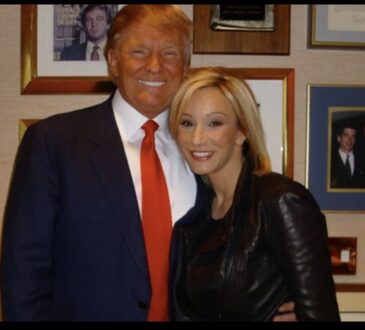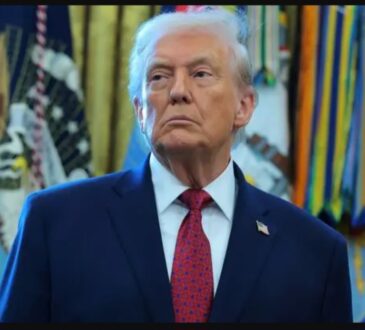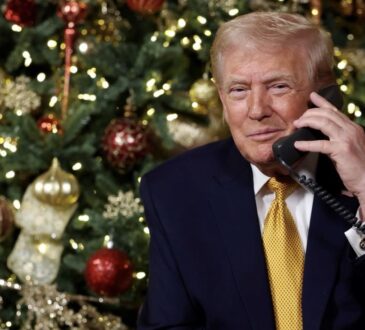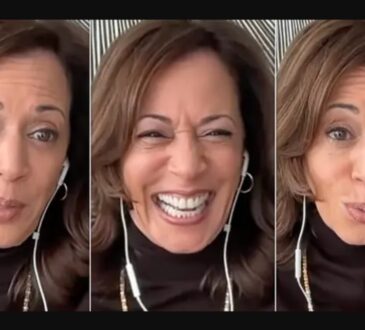Donald Trump just violated his presidential oath with disturbing new statement about ‘danger’ in the US

President Donald Trump is facing a new wave of criticism after making comments that many say reveal a willingness to overstep the limits of his office. While addressing crime in major cities, he spoke about sending the National Guard into Chicago and New York, just as he has already done in Washington, D.C., where he claimed the troops were needed to stop “crime, bloodshed, bedlam and squalor.
His words immediately drew strong reactions from state leaders, lawmakers, and ordinary citizens alike, many of whom see this as another attempt to expand his power beyond what the Constitution allows.
Illinois Governor JB Pritzker rejected the idea outright, saying there was no emergency in Chicago that would justify such a move. He pointed out that crime rates have actually improved in recent months and warned that using military force in a U.S. city without a real reason would set a dangerous precedent.
Trump, however, fired back, accusing Pritzker of downplaying the threat and calling him an obstacle. He said, “I’m the president of the United States. If I think our country is in danger and it is in danger in these cities I can do it… Not that I don’t have the right to do anything I want to do.”
That statement struck a nerve across the political spectrum. Critics say it goes directly against the oath every president takes: to preserve, protect, and defend the Constitution, and to faithfully carry out the laws passed by Congress. The Constitution was specifically written to prevent any one person even the president from having unchecked power.
The president cannot make or interpret laws on his own, cannot declare war, cannot spend money without Congress, and cannot make certain key appointments without Senate approval. When Trump said he had “the right to do anything I want,” many saw it as an open rejection of these limits.
Governor Pritzker responded publicly, reminding the president that his authority has boundaries. “No, Donald. You can’t do whatever you want,” he wrote on social media, and later held a press conference reinforcing that there was no insurrection or crisis in his state.
Illinois senators also joined in. Dick Durbin dismissed Trump’s comments as “purely political theater” designed to rally his supporters rather than solve any real problem. Tammy Duckworth, a retired Army National Guard lieutenant colonel, called the remarks “deeply disturbing” and “un-American,” warning that using the military in this way would only weaken its readiness and undermine national security.
The backlash wasn’t limited to politicians. On social media, many accused Trump of making a “dangerous power grab.” Some said his remarks sounded like something out of an authoritarian regime, where a leader declares the right to act without limits under the guise of public safety. One critic wrote that the entire purpose of the U.S. Constitution was to make sure no leader could claim to have “the right to do anything I want.” Another said Trump treats the Constitution “like a piñata — whacking it until something spills out that gives him more power.”
Yet, there were also voices who supported him, arguing that as commander in chief, he has the authority to deploy the military if he believes it is necessary.
Some of these supporters urged him to tone down his rhetoric but still backed his tough stance on crime. Others went further, saying they would accept almost any action from him if it promised to make cities safer, even if it meant stretching presidential powers.
This clash highlights a deeper divide in the country over how much power the president should have and how far he can go in the name of security.
For critics, Trump’s comments are not just about Chicago or New York — they represent a pattern of testing the limits of his office, from his past remarks about bypassing trials for undocumented immigrants to his repeated threats to send troops into U.S. cities. For supporters, it’s about a leader who they believe is willing to take decisive action when others will not.
The controversy leaves open questions: how far will Trump go in using federal power to intervene in state matters, and will this create a new normal where the president feels entitled to override local and state authority whenever he sees fit? Critics warn that if such actions go unchallenged, they could erode the balance of power that has defined the U.S. government since its founding.




